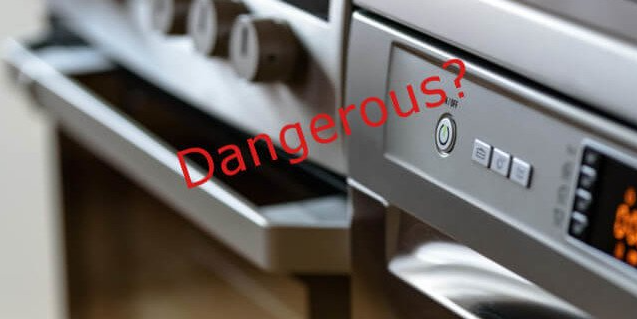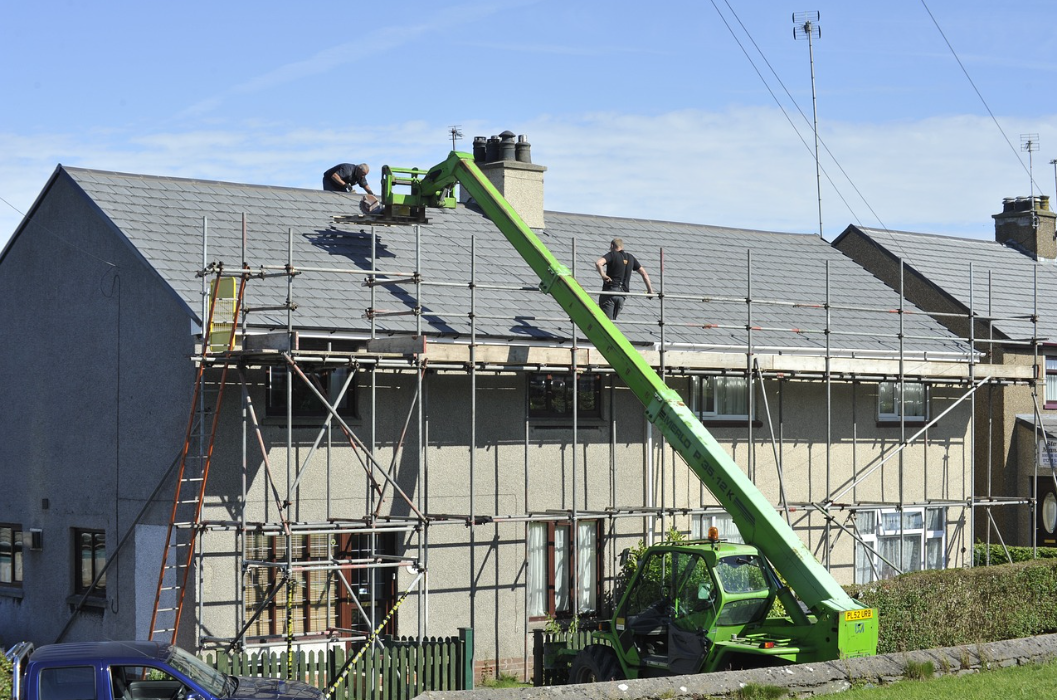


When disaster strikes in the form of fire, the path to recovery can be both complex and emotionally taxing. This guide on fire damage restoration is your first step towards reclaiming your property and peace of mind. If you are a homeowner, small business owner, or property manager, understanding the intricacies of fire restoration and the importance of quick, professional intervention is crucial. Understand each stage of the fire damage restoration process, and why immediate action is vital for reducing further damage and accelerating recovery through filing a fire damage insurance claim.
Fire Damage Fast Facts:
The aftermath of a fire encompasses the emotional toll of loss and the daunting task of restoring the property, but understanding the restoration process is crucial for recovery. Whether it’s assessing the damage, cleaning up soot and smoke, or dealing with insurance claims, Oakleafe are here to help you make informed decisions and ensure your property is restored to its pre-fire condition.
The essential steps include:
Quick, professional intervention prevents further damage and ensures successful insurance claim settlements.
It’s vital homeowners and policyholders wishing to efficiently and effectively restore their properties understand the importance of:
When the flames are extinguished, and the immediate threat of a fire subsides, homeowners are often met with another challenge: smoke damage. While it might not be as visually startling as the charred remnants of a fire, smoke damage can pose serious complications both in terms of property integrity and health risks.
Smoke damage is the general term for the after-effects that linger once a fire has been put out. It doesn’t merely refer to the blackened soot that coats walls or ceilings. Rather, smoke damage encompasses the combination of soot, ash, and other fire by-products that infiltrate a home, staining and damaging surfaces, contaminating the air, and embedding a pungent odour.
When materials combust, they release many chemicals and fine particulate matter at a microscopic level. These minute particles, laden with acidic residues, adhere to nearly every available surface, from the plush fibres of your living room carpet to the painted walls of your bedroom.
Read about dealing with smoke damage from a neighbour’s fire.
It’s complex. Left unaddressed, the repercussions of smoke damage can linger indefinitely. Cleaning smoke damage is vital as the acidic nature of soot can cause surfaces to degrade over time, and the smoky smell can become entrenched, making a home almost uninhabitable.
However, with prompt and appropriate intervention, smoke damage can be mitigated and, in many instances, fully remediated. The key lies in the speed of the response. The longer soot and smoke residues remain, the harder they are to remove, leading to more profound and permanent damage.
It carries more insidious consequences beyond the immediate cosmetic issues, such as staining walls and ceilings; this is why cleaning smoke damage is essential:

A systematic approach to fire damage restoration involves several critical steps:
Delays in initiating restoration efforts can aggravate damage and increase recovery costs. Quick action is critical for property recovery and mitigating health hazards associated with fire residues. Additionally, insurance claims and coverage benefits often hinge on the prompt response.
Fire prevention measures, regular maintenance checks, and a fire escape plan are essential to safeguard against future incidents.
The road to recovery after fire damage is filled with challenges, but understanding the restoration process, the importance of quick action, and the benefits of professional services can significantly simplify the task. Remember, your property’s resilience relies heavily on the promptness and efficiency of your response post-incident. Should you find yourself facing the aftermath of a fire, don’t hesitate to seek professional assessment and restoration services immediately.
Fire damage isn’t merely a physical or economic challenge; it’s a crucial moment that tests resilience and decision-making. With the right knowledge and support, restoration and recovery are well within reach, allowing you to return to normality as soon as possible.

Using a professional claims management company like Oakleafe Claims saves you time, stress and money, whilst ensuring you don’t need to worry about dealing with a fire insurance claim denial.
Oakleafe Claims have represented policyholders and managed their insurance claims since before the First World War. We have vast expertise and experience in both domestic and commercial fire insurance claims with thousands of satisfied policyholders who have received their deserved insurance settlement, with no upfront fees required.



Please complete the form and one of our insurance claim professionals will call you back ASAP